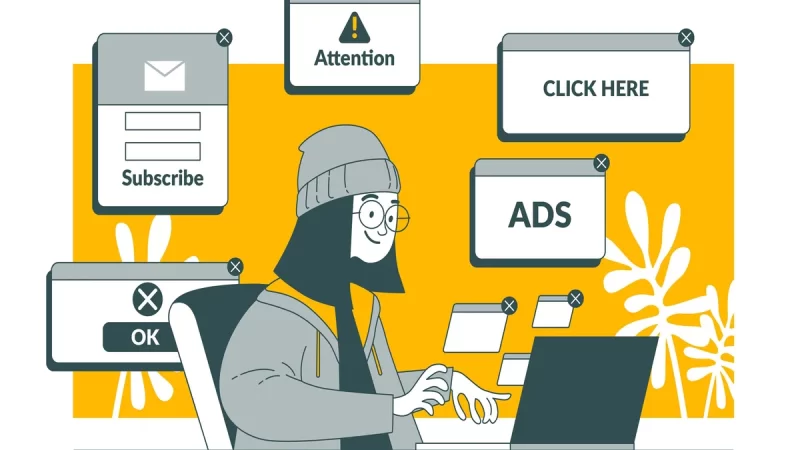Displaying Images in Search Features—Attribution vs. Licensed Usage

When it comes to displaying images in search features, whether on websites, social media, or other platforms, the considerations of attribution versus licensed usage play a pivotal role. Understanding the nuances between these approaches is essential for respecting intellectual property rights and avoiding legal complications. Here’s a detailed exploration of both attribution and licensed usage:
Attribution: Honoring Image Ownership
Attribution, often associated with Creative Commons licenses or other free-use permissions, involves giving credit to the creator of the image. It’s a way of acknowledging the original artist or photographer while utilizing their work. While attribution doesn’t necessarily require financial compensation, it is a moral and ethical obligation in many cases.
Benefits of Attribution:
- Respect for Creators: Acknowledging and crediting the original creator demonstrates respect for their work, encouraging a collaborative and respectful online community.
- Compliance with Licensing Terms: Many images are available for free use under specific conditions that often include attribution. Complying with these terms ensures adherence to legal and ethical guidelines.
- Encouraging Collaboration: By recognizing creators, you contribute to a culture that encourages collaboration and fair use of creative content.
Licensed Usage: Purchasing Rights for Image Usage
Licensed usage involves obtaining explicit permission, often through payment, to use an image in a specific manner outlined by the licensing agreement. This agreement delineates the scope, duration, and context in which the image can be used, providing legal protection and clarity.
Advantages of Licensed Usage:
- Legal Protection: Purchasing a license grants legal rights for using the image, mitigating the risk of copyright infringement claims.
- Flexibility and Control: Licensing agreements can offer flexibility in usage terms, allowing for tailored permissions and the ability to modify or use images for commercial purposes.
- Higher Quality and Unique Content: Licensed images often come from professional sources, ensuring higher quality and uniqueness compared to free-use images.
Choosing the Right Approach
Selecting between attribution and licensed usage depends on various factors such as intended use, budget, and ethical considerations.
- Nature of Use: For non-commercial or educational purposes, attribution might suffice. However, commercial ventures often require licensed usage to ensure legal compliance.
- Image Quality and Uniqueness: If unique or high-quality images are necessary, licensed usage might be preferable as it offers access to premium content.
- Budget Constraints: Free-use images with attribution might be more suitable for projects with limited financial resources.
Key Takeaways
Both attribution and licensed usage serve as crucial pillars in utilizing images responsibly and legally. While attribution honors creators and complies with certain permissions, licensed usage provides a more robust legal framework for image utilization. Understanding the context, purpose, and implications of both approaches empowers individuals and businesses to make informed decisions, respecting intellectual property rights while effectively utilizing visual content in the digital landscape.
FAQs:
Image attribution involves giving credit to the original creator of the image. It’s crucial as it acknowledges the artist’s work and complies with licensing terms, fostering a respectful online community.
Image attribution is typically required when using images under Creative Commons or other free-use licenses that mandate giving credit to the creator. It’s a legal and ethical requirement in such cases.
Licensed usage involves obtaining explicit permission, often through payment, to use an image as outlined in the licensing agreement. This grants legal rights and specifies the terms of use, providing clarity and protection.
Review the image’s source and its associated license. Websites often indicate the required attribution or licensing terms. Read the specific permissions or consult with the creator or copyright owner for clarity.
Using images found through search engines for commercial purposes without proper licensing can potentially lead to copyright infringement. It’s advisable to obtain explicit permission or purchase a license for commercial usage.







